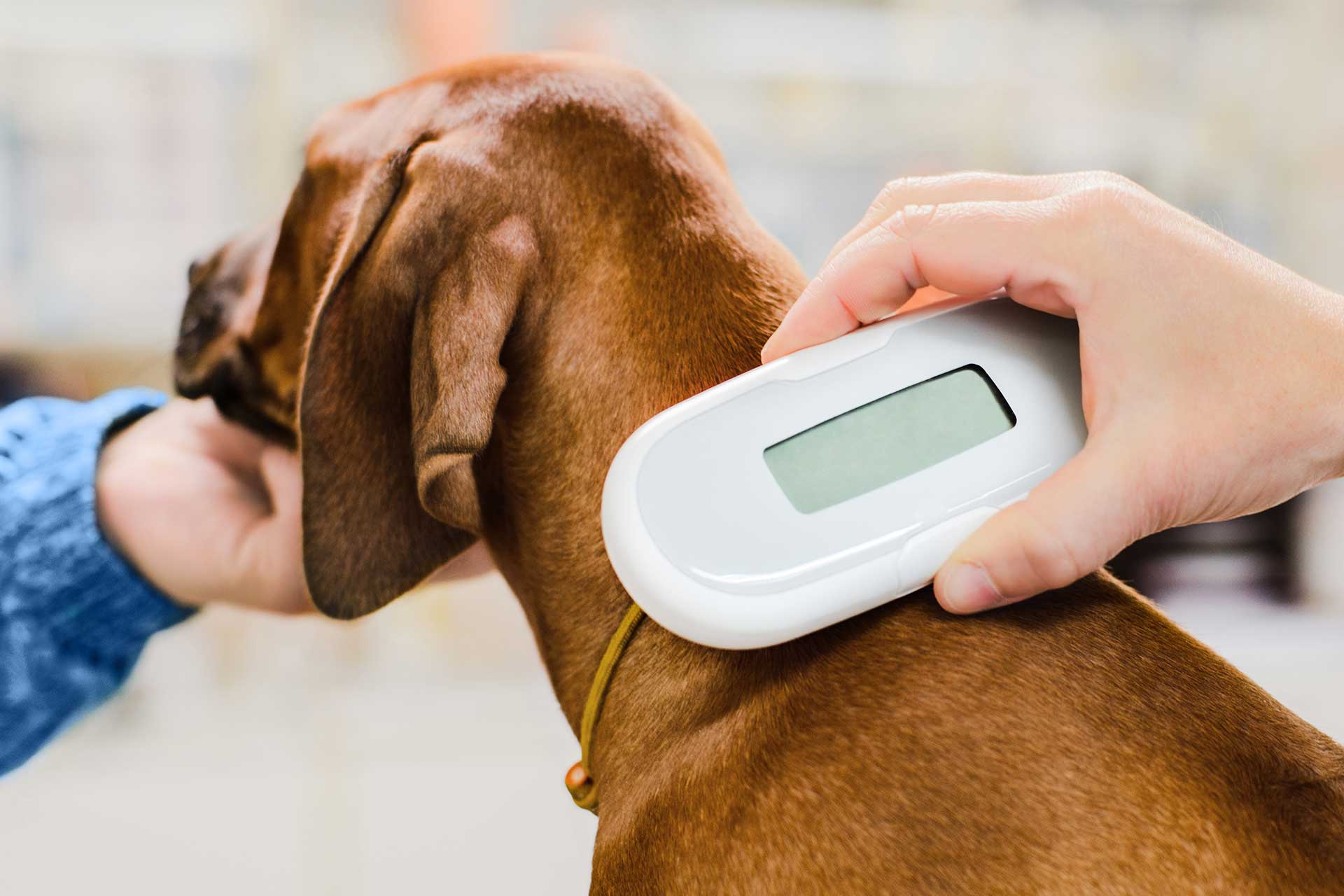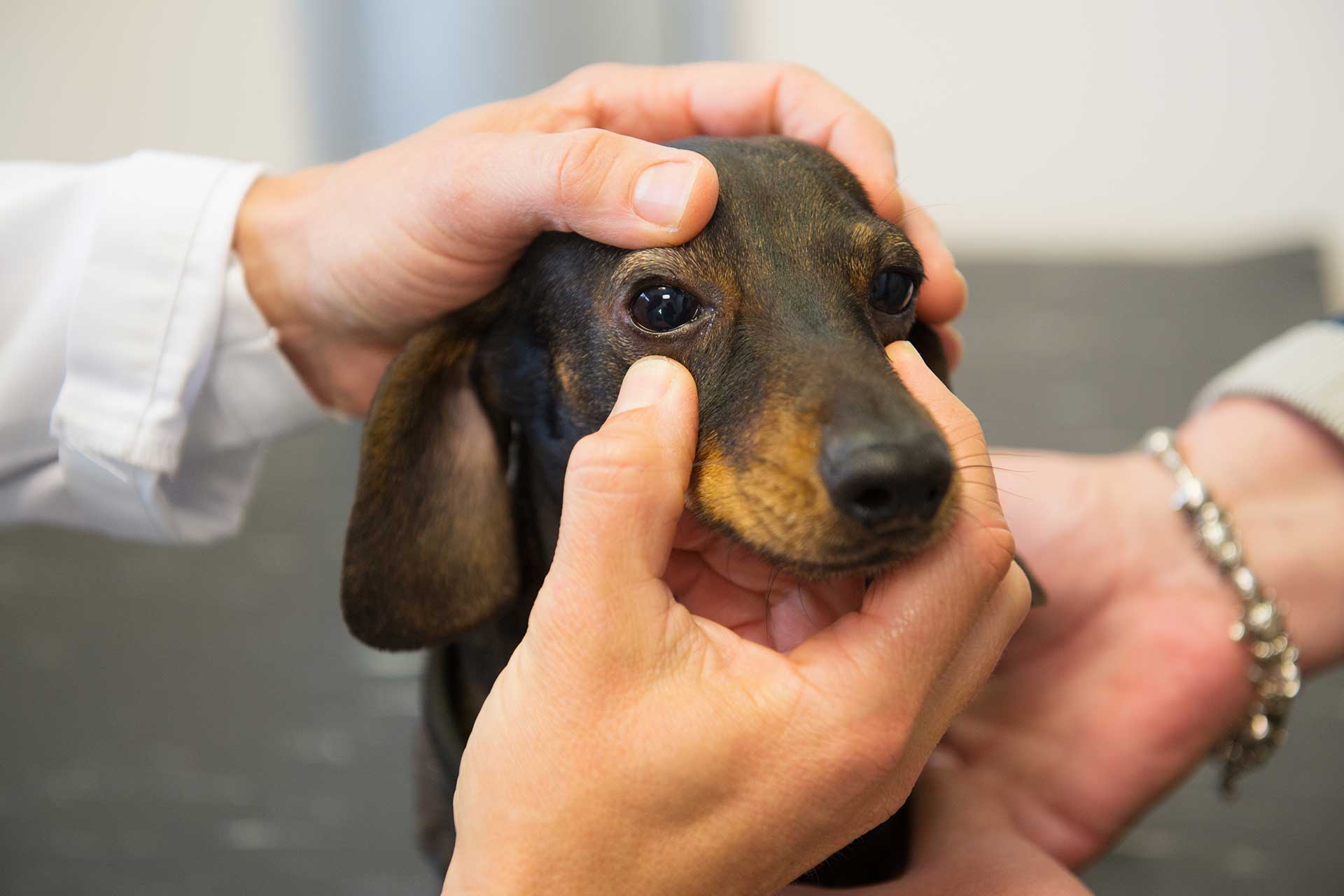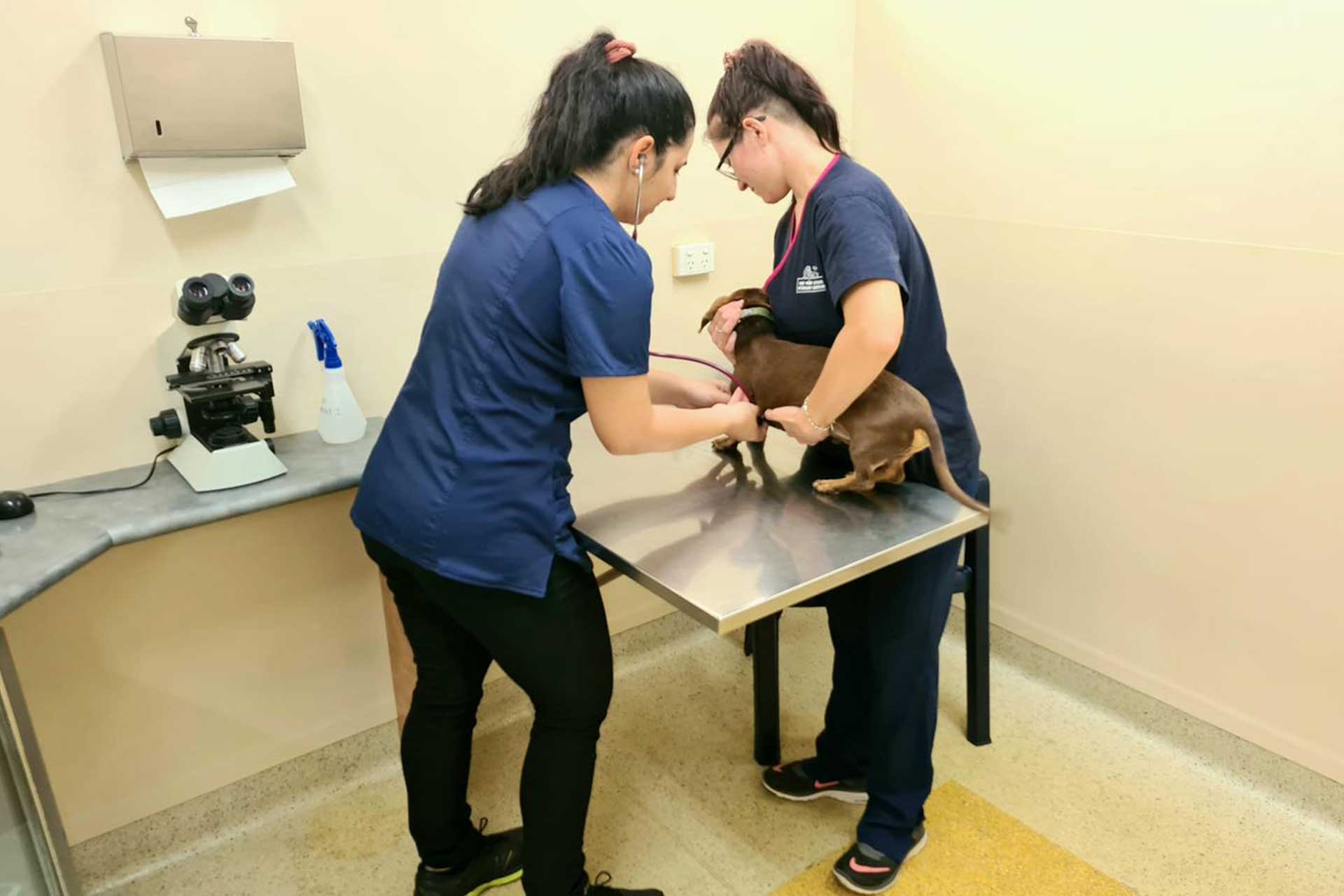A Guide to Cat Vaccination
At or after 8 weeks of age, first immunization regimens should offer at least two shots against any or all of the following: feline panleucopenia, calicivirus, rhinotracheitis, Chlamydia, and leukemia virus. These vaccinations should be spaced out between three and four weeks. At or after 8 weeks of age, it is suggested to provide three immunizations against feline immunodeficiency virus (FIV), spaced out between two and four weeks each.
Following Vaccination Follow-Up Care
After receiving vaccinations, your cat may seem lethargic for one or two days, or the area where they were injected may show signs of minor swelling or pain. Access to food and drink and a comfortable space to relax are typically all that is necessary for a rapid recovery. On the other hand, you should get in touch with us for some guidance if the reaction seems to be more serious.
Please give us a call so that we may discuss an appropriate immunization schedule for the kitten or cat that you keep as a pet.
Infectious Diseases In Cats That We Vaccinate Against
Feline Enteritis: Feline Enteritis is a disease that is highly infectious and has a high mortality rate, particularly in kittens less than one year old. Cats who are pregnant have the risk of either losing their young or of giving birth to kittens that have abnormalities, most often brain injury. Depression, a lack of appetite, excessive vomiting and diarrhea, sometimes accompanied by blood, and severe stomach discomfort are the symptoms of irritable bowel syndrome.
Due to the ease with which the virus may spread, places that are extensively infected may need cleaning with a specialized disinfectant. Even after they have been cured, cats may harbor the virus for an extended period of time and infect other felines.
Feline Immunodeficiency Virus (FIV): An infection with the feline immunodeficiency virus (FIV) is the cause of the sickness known as “feline AIDS,” which is a disease that damages the immune system of cats. Their natural defense against the onslaught of other illnesses may be substantially compromised, in a manner strikingly similar to that of AIDS in humans. This sickness cannot be passed on to people since it is not contagious.
The Feline Immunodeficiency Virus (FIV) is nearly often passed on to other cats via the bites of infected cats. Saliva contains the virus that is responsible for causing the sickness.
Some infected cats may not show any symptoms of the sickness, while others will exhibit the early signs of the illness, which include fever, lack of appetite, diarrhoea, lethargy, and enlarged lymph nodes. As the condition continues, signs like as weight loss, ulcers in and around the mouth, eye lesions, poor coat, and persistent infections may appear. Eye lesions may also cause vision problems.
After a while, the immune system can no longer effectively defend the body against additional illnesses and infections. As a direct consequence of this, the cat might end up passing away from one of these later illnesses.



